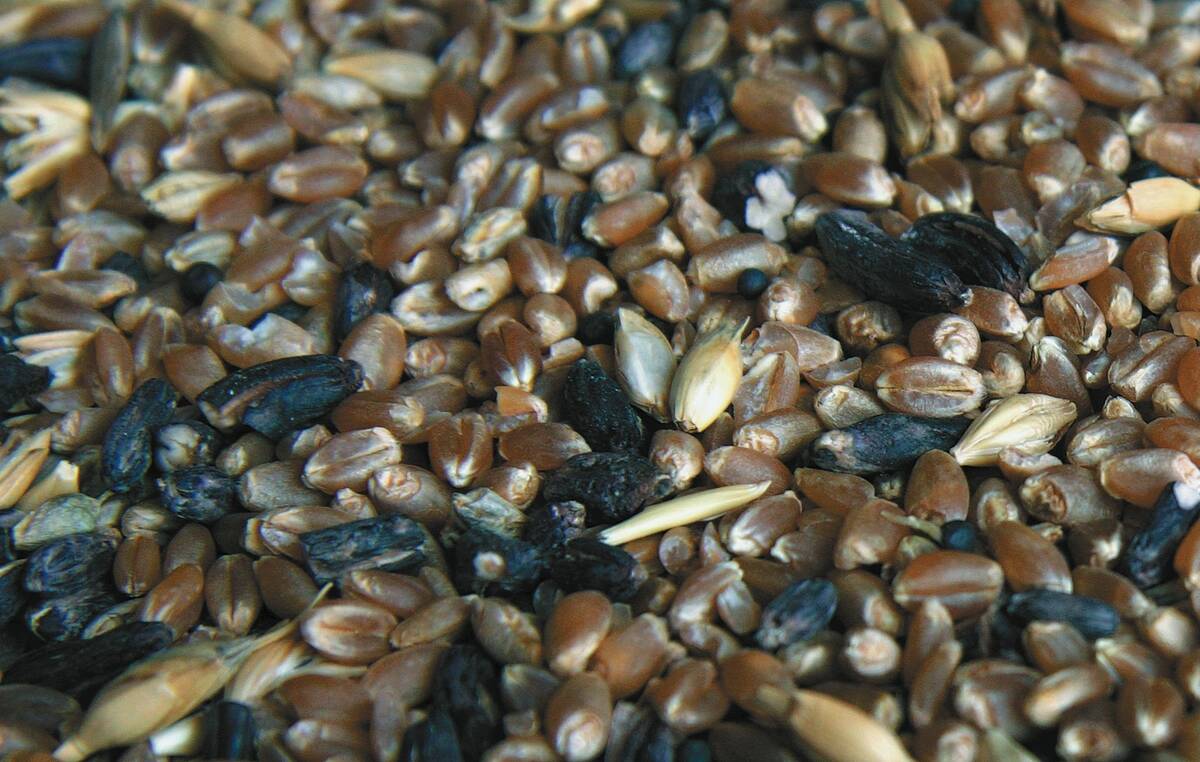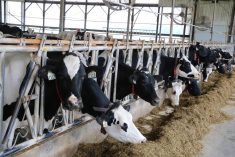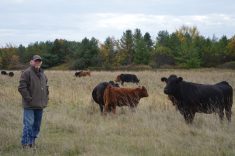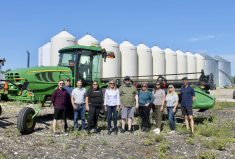The federal government needs to let farm groups know what’s happening at the Trans-Pacific Partnership trade talks, says Dairy Farmers of Canada.
While farm and other groups are briefed regularly by the trade negotiators, they have no access to any documents about the details of the talks, said Richard Doyle, the group’s executive director.
“The lack of access to the documentation is a bit of a concern,” Doyle told the Commons trade committee.
In previous trade talks, the government set up sectoral advisory groups “which functioned fairly well in the sense that people could decide and discuss their own situation,” Doyle said.
Read Also

Feeding ergot: research on ergot-impacted grain and beef cattle continues
Saskatchewan research hopes to tease out better ways for Canadian beef farmers to manage ergot consumption in their herd’s feed
“It was all very confidential, but there was a lot more content on discussing the text, and the impact on each of the different sectors, so everybody around the table could understand.”
The lack of access to negotiating texts “is what makes most of the industries, including the experts, very nervous about a negotiation where you aren’t able to do a proper analysis of what is on the table,” Doyle said.
He added that he’s seen no waning in the government’s support for supply management. The supply-managed sector is working at delivering its message that Canada accepts more dairy and poultry imports than Europe or the U.S., he said.
“Between six to eight per cent of our Canadian dairy consumption is supplied by imported dairy products coming in tariff free, which makes Canada more generous than the U.S. or EU in terms of access,” he said.


















